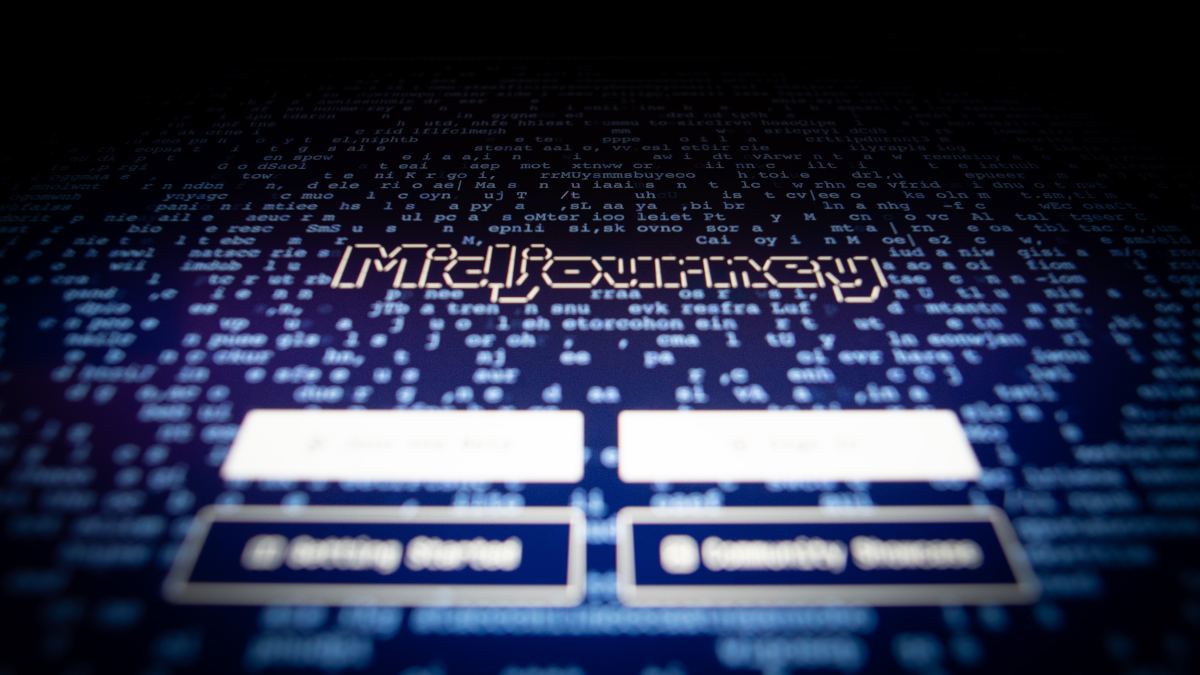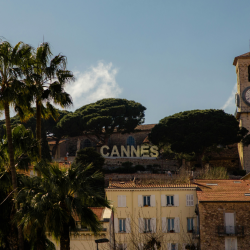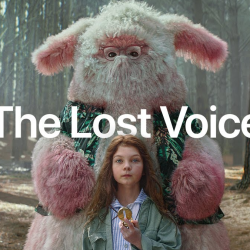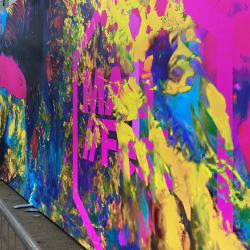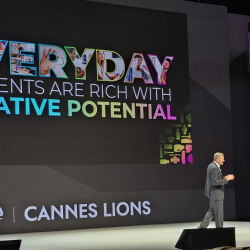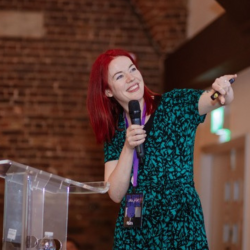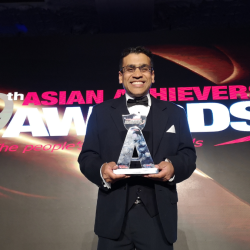For the past several months, there has been an ongoing debate on how generative AI tools will impact the creative industries. Everyone, from screenwriters to creative directors and more, are in a state of panic. How could they not be? When OpenAI launched ChatGPT, a generative AI tool that can create content based on a user’s prompt, it garnered over a million users in only 5 days. Just last week Microsoft announced that it’s extending its partnership with OpenAI, further investing a rumoured $10 billion to the company and incorporating various OpenAI tools into its own products.
Shutterstock partnered with OpenAI to bring their text-to-image tool DALL-E to the platform, allowing its customers to generate their own AI images. Avocados from Mexico are working with Twitter to include a QR code in their Super Bowl spot, which will lead to a landing page where users can generate unique tweets using ChatGPT. (Editor’s note: An Avocados From Mexico spokesperson has said the brand has now decided not to include the ChatGPT integration in its upcoming Super Bowl campaign.)
Generative AI basically refers to a new set of machine learning-based tools that are trained on massive amounts of data to mimic the patterns in the said data. This can mean creating “original” written content from prompts, generating images from texts, creating training videos or even generating music from text descriptions. People are using it for everything from drafting simple legal contracts to illustrating children’s books and creating a personalised work out and meal plan.
As generative AI tools become more mainstream, some people in the creative industries fear that their jobs will be replaced
The global generative AI market, worth around $8 billion in 2021, is expected to grow to around $111 billion by 2030. With that growth will probably come some change. Many experts, and even ChatGPT itself, claim that they won’t completely replace human workers, but instead free up time by automating various creative processes so that people can pursue other creative interests. The general consensus appears to be that some jobs will be lost, but others will be created. Knowing how to operate generative AI tools will be one of the main skills employers will demand from future jobseekers.
Before the tools can be adopted by a wider user base, the developers will have to address some concerns. For example, recently a group of artists sued Stable Diffusion and Midjourney for using their art to train their AI systems.
Speaking to Hard Fork, a podcast hosted by tech journalists Casey Newton and Kevin Roose, artist Sarah Anderson talked about the lawsuit and brought up the issue of consent and copyrights. Whereas some artists want some kind of copyrights payment for allowing generative AI tools to train on their art, Anderson said that she would opt-out if that was a choice. For her, art is too personal to be replicated in such a way.
The main impact of these tools will essentially be to lower the cost of creating content. Does that mean we will see an ocean of low-quality content swarm over the internet? Most likely. And they’re already being used for malicious reasons. But as Hao Li, co-founder and CEO of Pinscreen, told me when I interviewed him, the proportion of people who will use these tools for malicious reasons will be on the lower side, and those who can bypass security systems created by the developers, even lower.
Call me naïve but I think human creativity will prevail. We’re already witnessing brands use this technology in creative ways. The anxiety around the potential loss of jobs is warranted. But the future will belong to those who can learn how best to navigate these tools to enhance their creativity.
Featured image: Jonathan Kemper / Unsplash

















